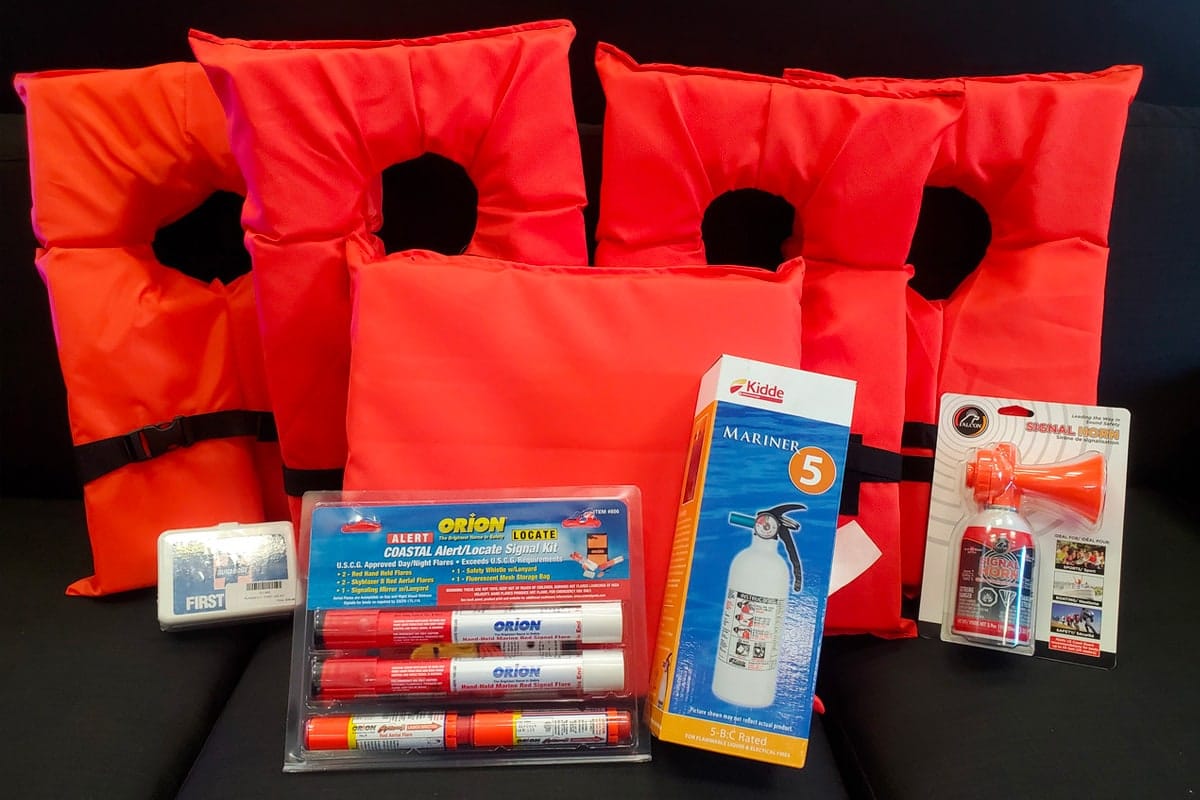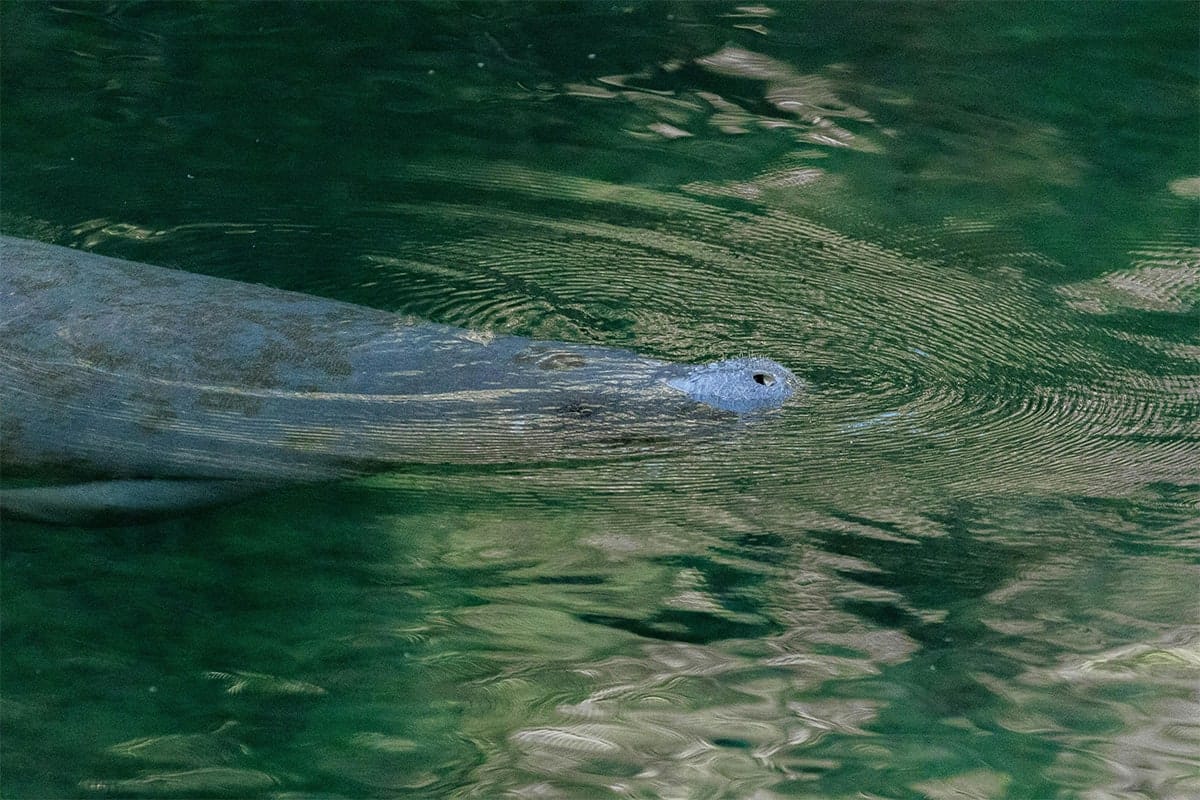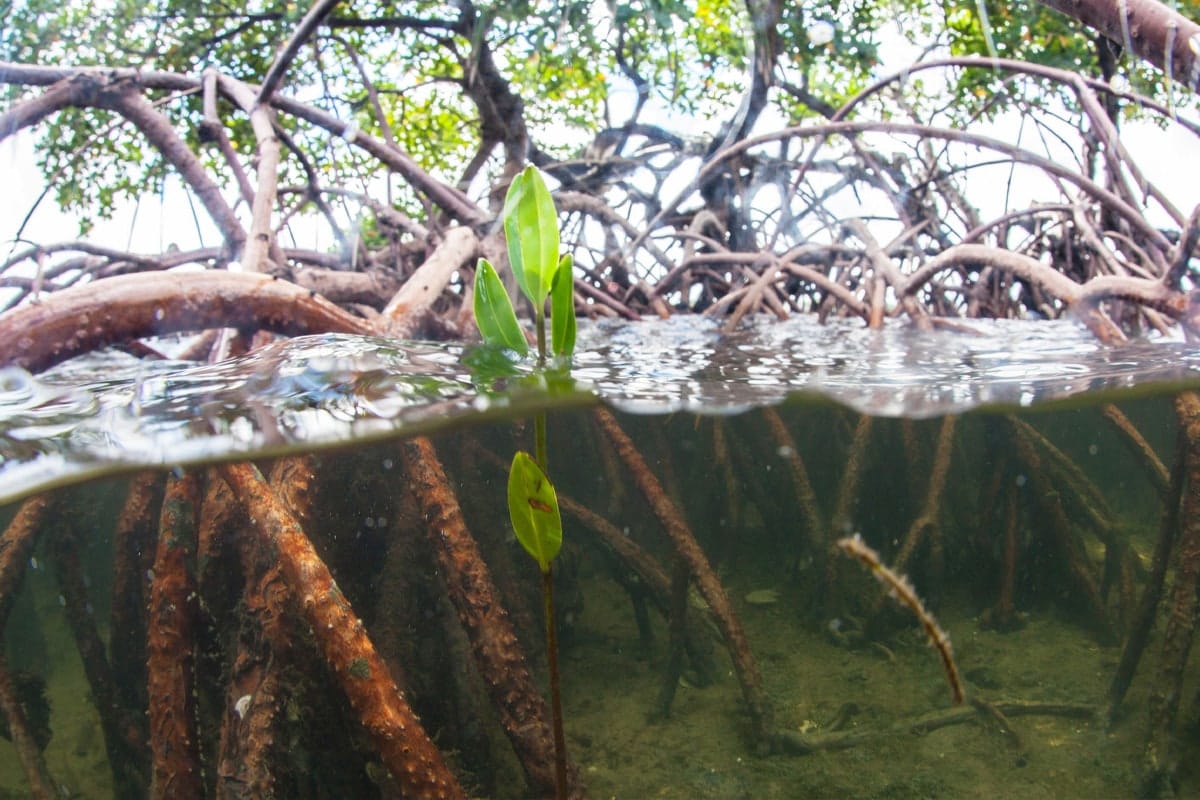Florida’s waterways are a boater’s paradise, offering endless opportunities for adventure, relaxation, and exploration. Whether you’re cruising along the sun-drenched Gulf Coast, casting a line in the vast Atlantic, or weaving through the state’s intricate network of inland lakes, rivers, and canals, having a reliable boating guide is absolutely essential. This 2025 Florida Boating Guide serves as your all-in-one resource for ensuring safe, legal, and enjoyable boating experiences across the Sunshine State. Designed to be the most comprehensive boating guide for Florida’s diverse aquatic landscapes, it delivers critical, up-to-date information on boating laws, safety protocols, and best practices tailored to the unique needs of boaters in 2025.
Boating in Florida isn’t just about hopping on a vessel and setting sail—it comes with a distinct set of rules, responsibilities, and challenges that every boater must understand. From navigating crowded marinas and bustling channels to respecting the fragile ecosystems that make Florida’s waters so special, this boating guide is an indispensable tool for both newcomers and seasoned mariners. Inside this boating guide, you’ll find detailed coverage of key regulations—like operator age limits, speed restrictions, and mandatory safety equipment—alongside practical advice for tackling Florida’s varied boating environments. Whether you’re drifting through the shallow, mangrove-lined waters of the Everglades or cutting through the deep, open expanses of the Atlantic, this boating guide ensures you’re equipped with the knowledge to boat confidently and responsibly.
But responsible boating goes far beyond simply adhering to the law—it’s about safeguarding Florida’s natural wonders for future generations to enjoy. This boating guide places a strong emphasis on environmental stewardship, offering insights on how to protect vulnerable species like manatees, prevent the spread of invasive plants and animals, and minimize your ecological footprint on the water. By following the recommendations laid out in this boating guide, you’re not just keeping yourself and others safe—you’re playing a vital role in preserving the pristine beauty of Florida’s waterways, from its crystal-clear springs to its sprawling coastal estuaries.
So, whether you’re a lifelong captain with years of experience or a first-time boater eager to explore Florida’s aquatic playground, let this 2025 Florida Boating Guide be your trusted companion. With its thorough, easy-to-navigate content and a focus on safety, legality, and environmental care, it will serve as a great overview for anyone looking to make the most of what Florida’s waters have to offer. This boating guide is a high-level overview, so be sure to read up more on each topic!
Let’s dive into the essentials for safe, legal, and enjoyable boating in the Sunshine State!
Florida Boating Laws and Regulations
Boating in Florida is governed by clear rules to ensure safety and order. Here are some key boating guide laws and regulations for 2025:
- Operator Age Restrictions: Anyone born on or after January 1, 1988, must complete an approved boating safety course and carry a Boating Safety Education Identification Card along with a photo ID when operating a vessel with 10 horsepower or more.
- Speed Regulations: Adhere to posted speed limits, especially in “Idle Speed – No Wake” or “Slow Speed – Minimum Wake” zones near marinas, docks, or manatee habitats.
- Reckless Operation: Prohibited actions include weaving through congested traffic, jumping wakes within 100 feet of another vessel, or operating in a way that endangers life or property.
- Anchoring Rules: Use designated mooring areas where available, and avoid anchoring in coral reefs, seagrass beds, or other sensitive habitats unless permitted.
- Life Jacket Mandate: Children under 6 years old must wear a USCG-approved life jacket at all times on vessels less than 26 feet in length.
- Noise Control: Vessels must be equipped with mufflers or exhaust systems to keep noise below 90 decibels when measured from 50 feet; cutting out mufflers is illegal in certain areas.
For detailed regulations, check the Florida Fish and Wildlife Conservation Commission (FWC) website.
Boating Safety Equipment Requirements
No boating guide would be complete without reference to proper safety gear is mandatory and can be a lifesaver. Here’s the 2025 checklist:

- Personal Flotation Devices (PFDs): One USCG-approved PFD per person on board, with wearable life jackets required for children under 6. Vessels 16 feet or longer need an additional throwable device (e.g., cushion or ring).
- Fire Extinguishers: Required on boats with inboard engines, enclosed compartments, or permanent fuel tanks. Check size and type based on vessel length (e.g., one B-I extinguisher for boats under 26 feet).
- Sound-Producing Devices: A whistle or horn capable of a 4-second blast audible for half a mile is mandatory.
- Visual Distress Signals (VDS): Required on coastal waters and the Gulf; options include flares, orange smoke, or an electric distress light (night use only).
- Navigation Lights: Must be displayed from sunset to sunrise and during fog or rain; configurations vary by vessel type (e.g., red/green sidelights and a white stern light for powerboats).
- Ventilation Systems: Boats with enclosed gasoline engines need powered or natural ventilation to prevent fume buildup.
- Backfire Flame Arrestor: Required on gasoline-powered inboard engines to reduce explosion risk.
Pro Tip: Inspect all equipment before launching to ensure it’s in working order.
Navigation Rules for Florida Waters
Next up in our boating guide is navigation. Florida’s busy waterways demand adherence to navigation rules:
- Right of Way: Power-driven vessels yield to non-motorized craft (sailboats, kayaks) and vessels engaged in commercial activities like towing.
- Overtaking: Pass on the port (left) side if safe, signaling with one short horn blast; the overtaken vessel has the right of way.
- Head-On Situations: Both vessels turn starboard (right) to pass port-to-port, signaling with one blast.
- Crossing Paths: The boat to starboard (right) has priority; yield by slowing or turning if you’re to port.
- Channel Markers: “Red, Right, Returning”—keep red markers on your starboard side when heading upstream or returning from the sea.
- Night Navigation: Reduce speed and use spotlights cautiously to avoid blinding others.
Stay vigilant in high-traffic areas like the Intracoastal Waterway or near ports.

Environmental Stewardship and Boating
Protecting Florida’s fragile ecosystems is every boater’s responsibility. While this boating guide goes over safety, laws, and regulations — your environmental responsibility is also a crucial aspect to keep in mind.
From respecting our wildlife, such as manatees, to ensuring safe fueling practices and proper anchoring,
- Manatee Protection: Observe manatee zone signs (e.g., “Idle Speed” or “Slow Speed”) to prevent collisions; report injured manatees to the FWC at 1-888-404-3922.
- Waste Disposal: Use marina pump-out stations for sewage; discharging untreated waste within 9 nautical miles of shore is illegal.
- Fueling Practices: Avoid spills by filling tanks slowly and using absorbent pads or spill-proof containers.
- Invasive Species Prevention: Clean hulls, bilges, and gear to remove aquatic hitchhikers like hydrilla before moving between waterways.
- Wildlife Respect: Maintain at least 50 feet from dolphins, sea turtles, and nesting birds; avoid feeding or harassing them.
- Anchoring Etiquette: Drop anchor in sandy areas or use mooring buoys to protect seagrass and coral.
Small actions keep Florida’s waters thriving for future generations.
Boating Education and Certification
Knowledge is power on the water. There are plenty of comprehensive boating guides out there which cover education in more detail, and we always suggest a boating guide course. Key factors to keep in mind with education and certification are below:
- Requirement: Operators born on or after January 1, 1988, must complete a boating safety course to operate vessels with 10+ horsepower.
- Course Options: Available online, in classrooms, or as hands-on training; must be NASBLA-approved and FWC-recognized.
- Certification: Upon completion, you’ll receive a Boating Safety Education ID Card, which must be carried with a photo ID.
- Temporary Certificates: Renters or short-term visitors can obtain a 90-day temporary certificate from approved vendors.
Explore courses at FWC’s Boating Safety Education page.
Boating Under the Influence (BUI) Laws
Operating a vessel impaired is dangerous and illegal:
- Blood Alcohol Content (BAC): A BAC of 0.08% or higher constitutes BUI; signs of impairment (e.g., slurred speech) can also lead to arrest.
- Penalties: Fines up to $500, jail time up to 6 months for a first offense, and potential suspension of boating privileges.
- Underage Operators: Zero tolerance for anyone under 21—any detectable alcohol is a violation.
- Implied Consent: By operating a vessel, you consent to breath, blood, or urine testing if suspected of BUI.
Designate a sober operator to stay safe and legal.
Florida Boat Registration and Titling
Next in our boating guide, we'll cover the basics of boat registration. All motorized vessels in Florida must be registered and titled properly:
- Registration: Required for all motorboats used on public waters; renew annually or biennially at county tax collector offices or online.
- Display: Affix registration numbers (e.g., FL 1234 AB) on both sides of the bow in 3-inch, block-style letters, with the validation decal 3 inches aft on the port side.
- Titling: Mandatory for vessels 16 feet or longer, except non-motorized boats.
- Fees: Based on length (e.g., $5.50 for boats under 12 feet, $28.75 for 16-25 feet, plus a $2.25 service fee).
- Special Cases: Homemade boats need an FWC inspection and a Hull Identification Number (HIN).
Process registrations via the Florida Department of Highway Safety and Motor Vehicles (FLHSMV).
Boating Guide Personal Watercraft (PWC) Regulations
PWCs like Jet Skis have specific rules:
- Age Restrictions: Operators must be 14+; those born after January 1, 1988, need a safety course.
- Life Jackets: A USCG-approved wearable PFD must be worn at all times by everyone on board.
- Operating Hours: Prohibited from sunset to sunrise, even with navigation lights.
- Towing Rules: PWCs towing skiers or tubers need a rearview mirror (at least 2x5 inches) and an observer aged 14+.
- Safety Lanyard: The engine kill switch lanyard must be attached to the operator’s wrist or PFD.
Violations can lead to fines or impoundment.
Boating Accident Reporting
Accidents require prompt action:
- Immediate Duty: Stop and render aid to injured parties without endangering yourself.
- Reporting: Notify the FWC within 48 hours if an accident involves death, injury requiring medical attention, or a person’s disappearance.
- Written Report: Submit a Boating Accident Report form within 10 days for damages exceeding $2,000 or total vessel loss.
- Penalties: Failing to report or fleeing the scene can result in fines or jail time.
Access forms and guidance at FWC’s Accident Reporting page.
Boating in Florida’s Unique Environments

Florida’s diverse waters present unique challenges:
- Shallow Areas: Use charts and depth finders to avoid grounding on sandbars or oyster beds.
- Mangrove Channels: Navigate slowly to protect roots and wildlife; trim motors up in tight spots.
- Coral Reefs: Anchor only in sandy patches or use mooring buoys to safeguard reefs.
- Inland Lakes and Rivers: Watch for submerged logs, fluctuating levels, and narrow channels.
- Tides and Currents: Time trips with tide charts, especially in tidal rivers or coastal inlets.
Preparation enhances safety in these dynamic settings. While this boating guide does not go in depth with any particular topic, there are several resources available to you in terms of navigating waterways. We strongly suggest you seek our a class on navigation.
Enjoy Florida’s Waters Responsibly
Boating in Florida offers unparalleled adventure, but it’s a privilege tied to responsibility. By following the above guidelines in this 2025 boating guide, equipping your vessel, and respecting the environment, you’ll enjoy safe and memorable outings—whether in the Everglades, the Keys, or beyond. Stay informed, boat smart, and make the most of Florida’s aquatic playground!
Over time, we'll post more boating guide articles that go into some of the topics above. As always, you can stop by our Orlando location to ask any safety questions. If we can't answer them, we can direct you to someone or an organization that can.
Important Disclosure: Be sure to check specifics with myfwc.com and specifically Florida's FWC Boating Regulations for the latest updates. We've taken care to ensure the above information is correct, but things can change and we strongly suggest you review official sources.
